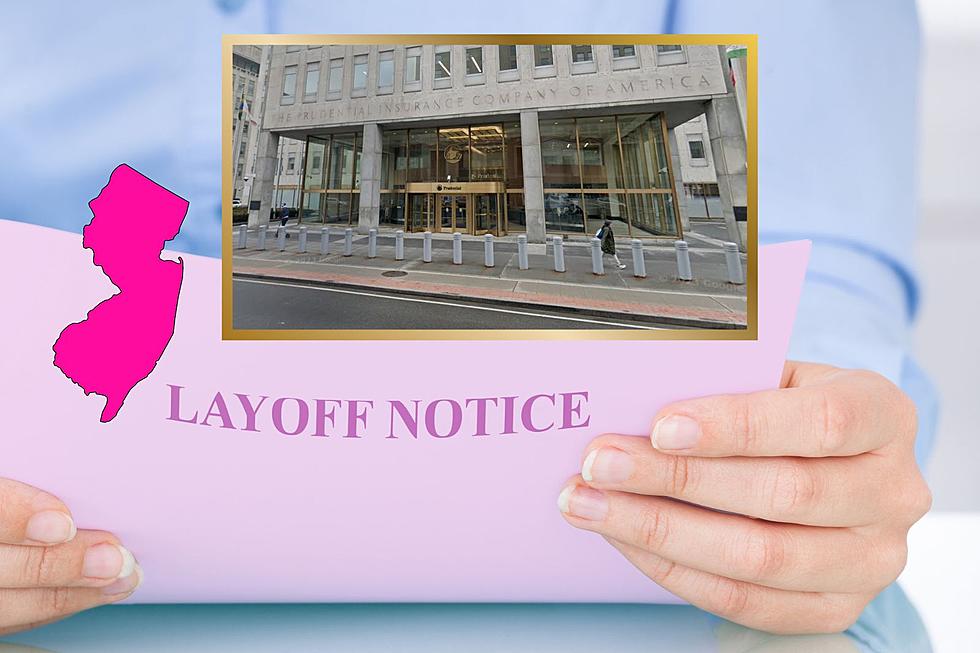
Union membership climbs in public sector, plummets in private
While it's too soon to tell how a U.S. Supreme Court decision in June 2018 will affect union rolls in New Jersey, a report released Wednesday shows public sector union membership in the state has climbed significantly over the years as private sector union membership moved in the opposite direction.
Using data from January 2017 through June 2018, the report by the Labor Education Action Research Network at Rutgers School of Management and Labor Relations finds 61 percent of the state's public workers belong to a union, compared to 34 percent nationally. In the private sector, just 8 percent of workers are unionized.
Between 1988 and 2018, the report finds, the tally of government-employee union members increased by 25 percent; private sector union membership fell 43 percent during that same period.
"When workers are allowed to have the freedom to choose whether they'd like to have a union or not, you see a much higher rate of workers in a union," SMLR Postdoctoral Associate Todd Vachon told New Jersey 101.5. "Public sector employers are less likely to resist unionization drives, whereas employers in the private sector are very hostile to unionization efforts."
Wage earners want unions, and the public generally supports them, Vachon added.
The "one bright spot" in New Jersey's private sector, Vachon said, is the construction industry. Unionization rates in the field have grown to 37 percent. Construction workers earn an average of about $60,000 per year, considerably more than other non-unionized blue-collar occupations.
"Wages have been stagnant for the middle class since the late 70s, and that's often attributed to the decline of unions in the private sector," Vachon said.
The report provides a baseline for measuring the impact of the June 27, 2018 Supreme Court decision that government workers can enjoy the benefits of the union without being forced to pay union dues.
Vachon said 2018 union membership data scheduled to be released Friday by the federal government likely won't be reflective of the court's decision.
"We'll need a whole year of data to really see what happened before and after that ruling," he said.
More from New Jersey 101.5:
Contact reporter Dino Flammia at dino.flammia@townsquaremedia.com.
More From New Jersey 101.5 FM









